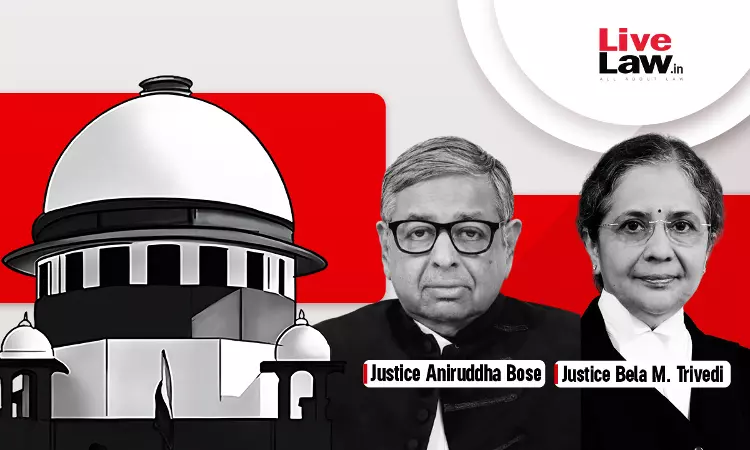Section 362 CrPC Bar Not Applicable To Bail Orders : Supreme Court
Gyanvi Khanna
1 Nov 2023 4:45 PM IST

Next Story
1 Nov 2023 4:45 PM IST
A Division Bench of the Supreme Court recently, while setting aside the judgment of the Madhya Pradesh High Court, held that Section 362 of the Code of Criminal Procedure, 1973, which prohibits modification of a judgment or final order, will not be applicable in an order for refusal of bail. The rationale given by the Court was that such an order has the characteristics of an interlocutory...
